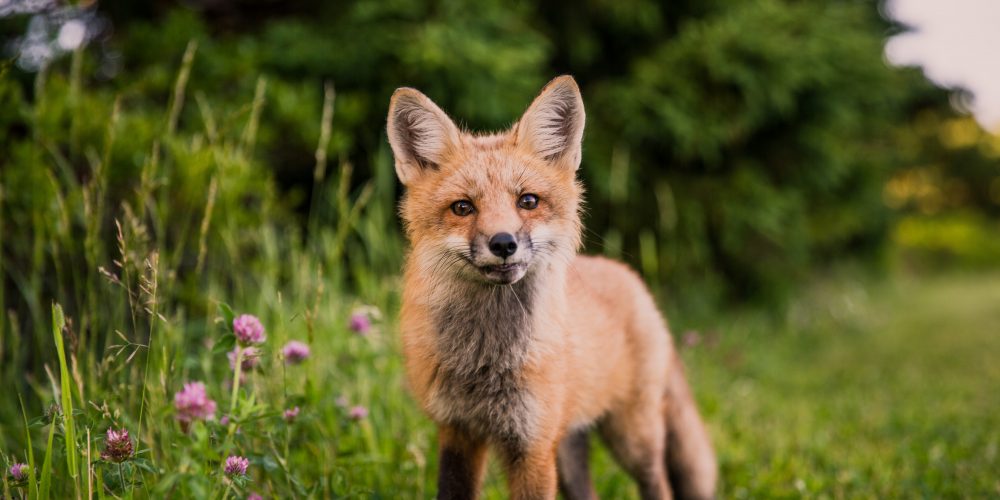I often find myself questioning whether my perception of the popularity of veganism is, in fact, warped by the fact I work in a majority-vegan office, or from following mostly vegans on Instagram and Twitter. Of course, the reality is that only 7 per cent of the British population labelled themselves as vegan in 2018, according to a survey by comparethemarket.com, but this number is rising by the day. With veganism constantly gaining momentum, it’s imperative that we reflect on the cruelty-free community and the many forms of activism that are helping it grow.
Something that caught my eye last week was a short altercation between two vegans on Twitter. The first, exasperated, claimed that she couldn’t believe she’d missed a vegan event that had taken place locally to her the weekend prior. The other vegan, also local, replied: ‘We could believe it – as we’ve never seen you at a single vegan event!’ Ructions ensued; the vast majority of bystanders came to the defence of the first vegan, claiming that choosing not to attend public events did not make you any less of a vegan. The offending tweet was soon deleted, but a thought lingered with me – are some forms of activism more valid than others?
On a surface level, certain forms of activism demand more from a person than others, whether it be physically, emotionally or financially. For example, being able to afford the train fare to London for an anti-fur protest, or being able to withstand the emotional anguish of attending a slaughterhouse vigil, require something entirely different to sharing a picture of your latest home-cooked vegan meal on Instagram. But, does this mean that only the very most demanding forms of activism are the ones that should be acknowledged? And, if so, how inclusive can we really consider veganism to be? As someone who believes that veganism is truly accessible to everyone, I would never diminish the efforts of someone on a low-income who cannot afford to travel to vegan events, or a disabled person that relies on being an activist at home, using social media.
Perhaps the issue is with the people that have access to the more involved forms of activism, but choose not to participate in them. Maybe those of us that are able should be devoting much more of our time, money and effort to the cause. But if we are so quick to encourage our omnivorous friends to take baby steps to transitioning to a vegan lifestyle, why do we demand so much from existing vegans? Not only do we expect each other to keep a perfect track record of supporting only vegan-friendly, cruelty-free companies, but we also be nitpick each other’s motives – I’ve even seen people criticise vegans for having more of a food focus to their Instagram, instead of using their platform to spread awareness of the atrocities of the animal product industry.
Understandably, many of us believe that the leading reason for going vegan should be animal welfare. The truth is, one individual’s consumption of meat and dairy affects animals in a far more abhorrent way than it does their own bodies or the environment, so it’s fair to see why many vegans consider it their top priority when it comes to activism and promoting the movement. However, as important as it is to show what really goes on behind slaughterhouse doors, that approach won’t work on everyone. In my personal experience, I have seen far more people dip their toe into veganism after seeing or trying delicious vegan food than after being shown graphic videos of the meat and dairy industry. It’s simply easier to digest (pardon the pun) and, as many of us already know, there are a lot of people that would rather look away than accept what it takes to produce the animal products they consume every day.
As much as we may believe that animal welfare deserves to be at centre stage of the vegan movement, it’s important to remember that no matter what reason someone decides to give up animal products, the outcome is the same. If someone decides that they are going to switch to a plant-based diet for their health, animals will still feel the benefit. If a friend says they are going to reduce their meat intake to soften their impact on the planet, it also deserves to be celebrated. The time we spend gatekeeping veganism or restricting who is truly deserving of the ‘vegan’ label, is time that could be better spent campaigning for veganism for whatever reason motivates us most.

